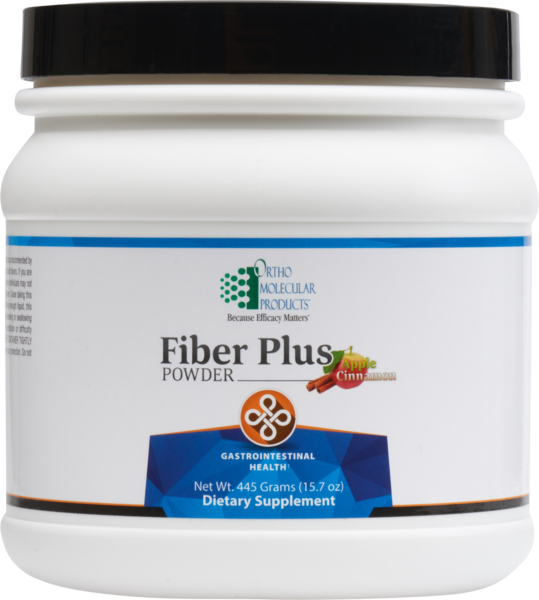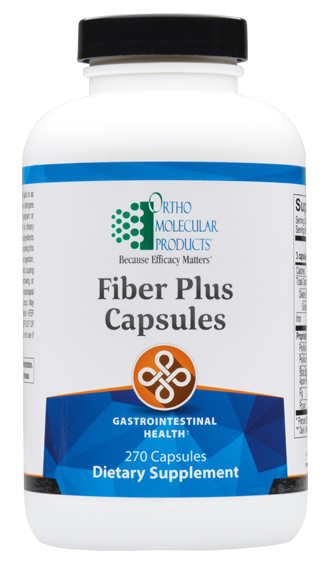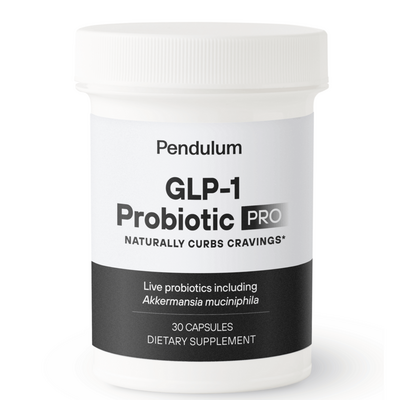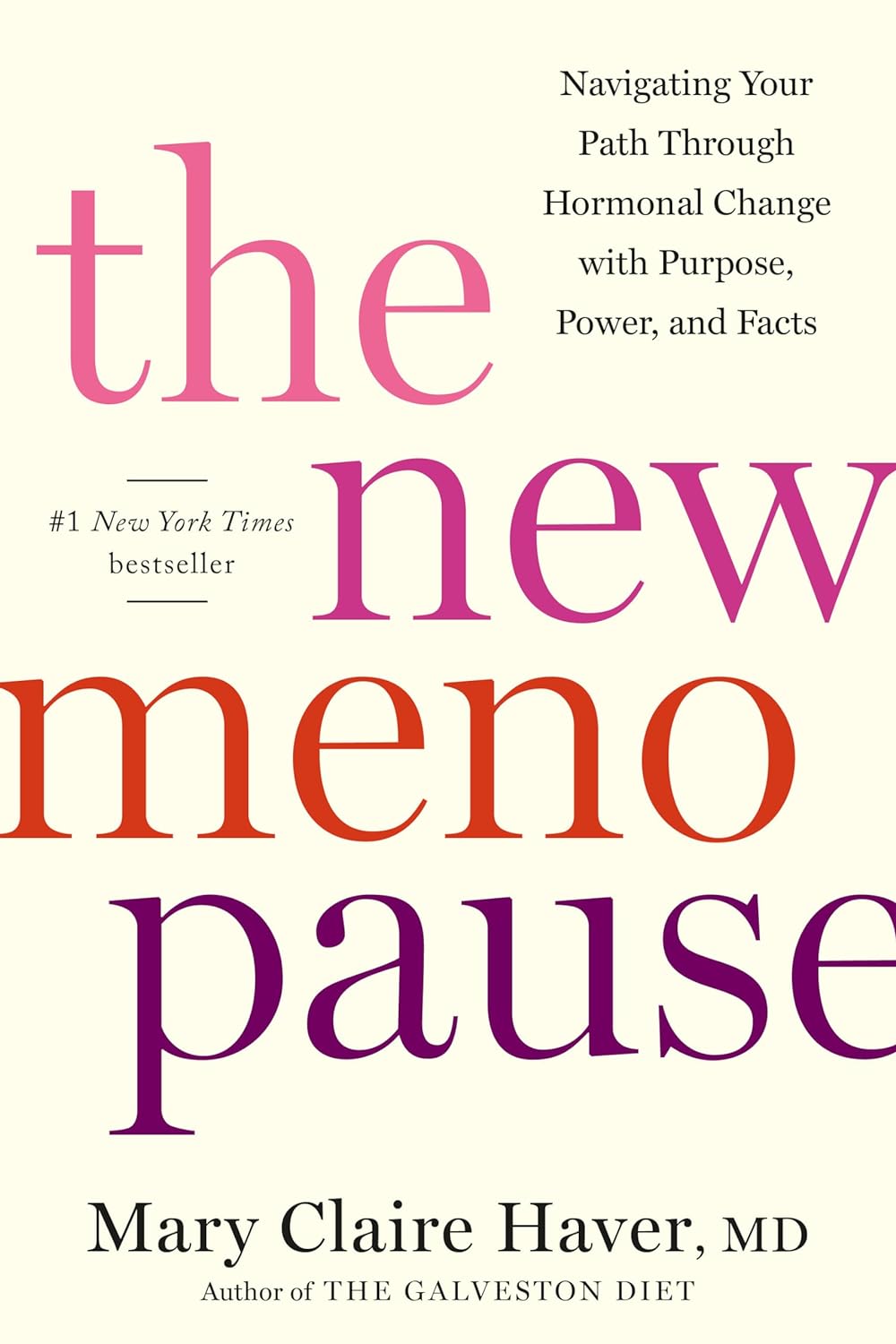So, what does Fiber have to do with anything?
Thoughts of Wool, Cotton, and Cardboard come to mind.
Not very appetizing.

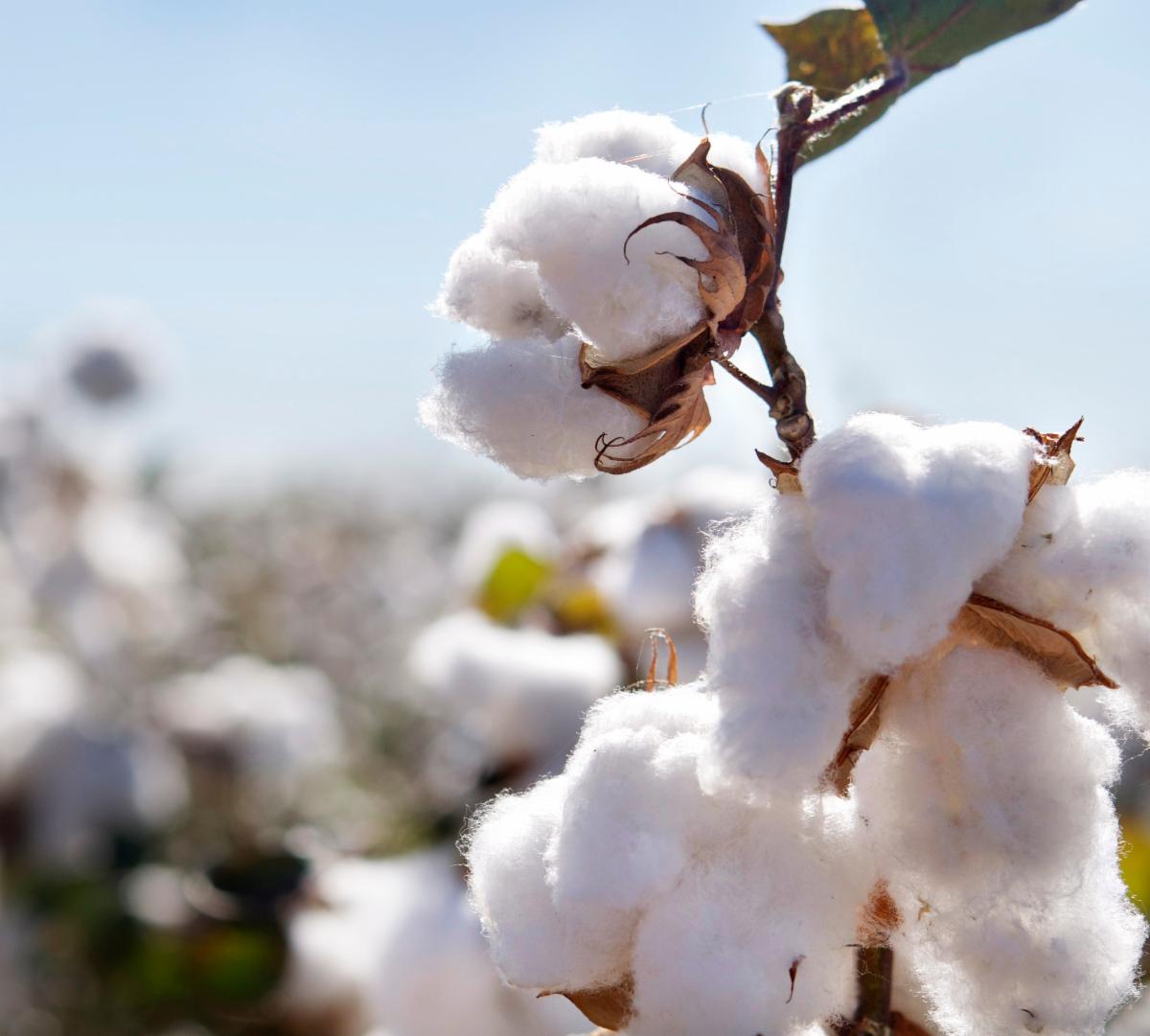
Why is there so much discussion about adding more fiber to your diet?
Plant fibers are so very important to our health.
What is Dietary Fiber?
Dietary Fiber, also known as roughage, is plant material that cannot be completely digested.
There are two types of fiber.
Soluble:
- Forms a gel-like substance and draws water into the stool.
- Reduction of heart disease by way of binding lipids and LDL cholesterol in the stool.
- Promotes regularity and excretions of toxins and other waste products.
- Helps to regulate insulin and blood sugar. Puts the school bus in front of the Ferrari. Slows down the absorption of sugar.
Insoluble:
- Creates bulk helping to maintain healthy bowel movements thus eliminating toxins and waste material.
- Diets high in insoluble fiber and low fat may contribute to weight loss.
- Insoluble fiber softens stools helping to prevent hemorrhoids and diverticulitis.
Don’t go too fast!
Increasing your fiber intake is a delicate dance. To avoid the unwanted side effects, I recommend going gradual. Increase your fiber intake over a period of 4-6 weeks. Increasing too quickly can lead to uncomfortable gas and bloating, and sometimes even diarrhea. No one wants that! Chewing more slowly to break down fiber compounds is recommended to assist digestion.
Increase water intake.
It is very important to keep the fiber hydrated. Hydration facilitates the elimination process. It is recommended to drink one-half of your body weight in ounces per day. So a 100lb. person should drink 50oz of water per day.
The Journal of Nature published a study in April of 2004. This study looked at fiber consumption around the world. What it found is that the higher the fiber consumption in populations the less chronic disease. Also, the higher the fiber consumption the less a person weighed. Some cultures consume as high as 100 gms per day. Compared to a paltry 8 grams per day in the American diet.
Dietary fiber consumption is recommended to be between 30 and 50 grams per day. I prefer this comes from food but in the beginning, fiber supplements can help the patient to achieve recommended daily amount.
Here are some examples of dietary fiber amounts in food:
- Avocado 1 medium 11.84
- Black beans, cooked 1 cup 14.92
- Bran cereal 1 cup 19.94
- Broccoli, cooked 1 cup 10.97
- Green peas, cooked 1 cup 8.84
- Kale, cooked 1 cup 7.20
- Kidney beans, cooked 1 cup 13.33
- Lentils, cooked 1 cup 15.64
- Lima beans, cooked 1 cup 13.16
A more thorough look at fiber
is available by clicking this link.
An easy way to add fiber to your diet
is with supplementation.
I commonly recommend Fiber Plus by Ortho Molecular Products.
It is available in an Apple Cinnamon powder or capsules.
Fiber Plus is a natural fiber supplement containing a balanced ratio of soluble and insoluble fiber to help with occasional constipation and maintain long-term bowel regularity and health. Fiber Plus Powder contains 9 g of dietary fiber per serving and has a pleasant taste.


